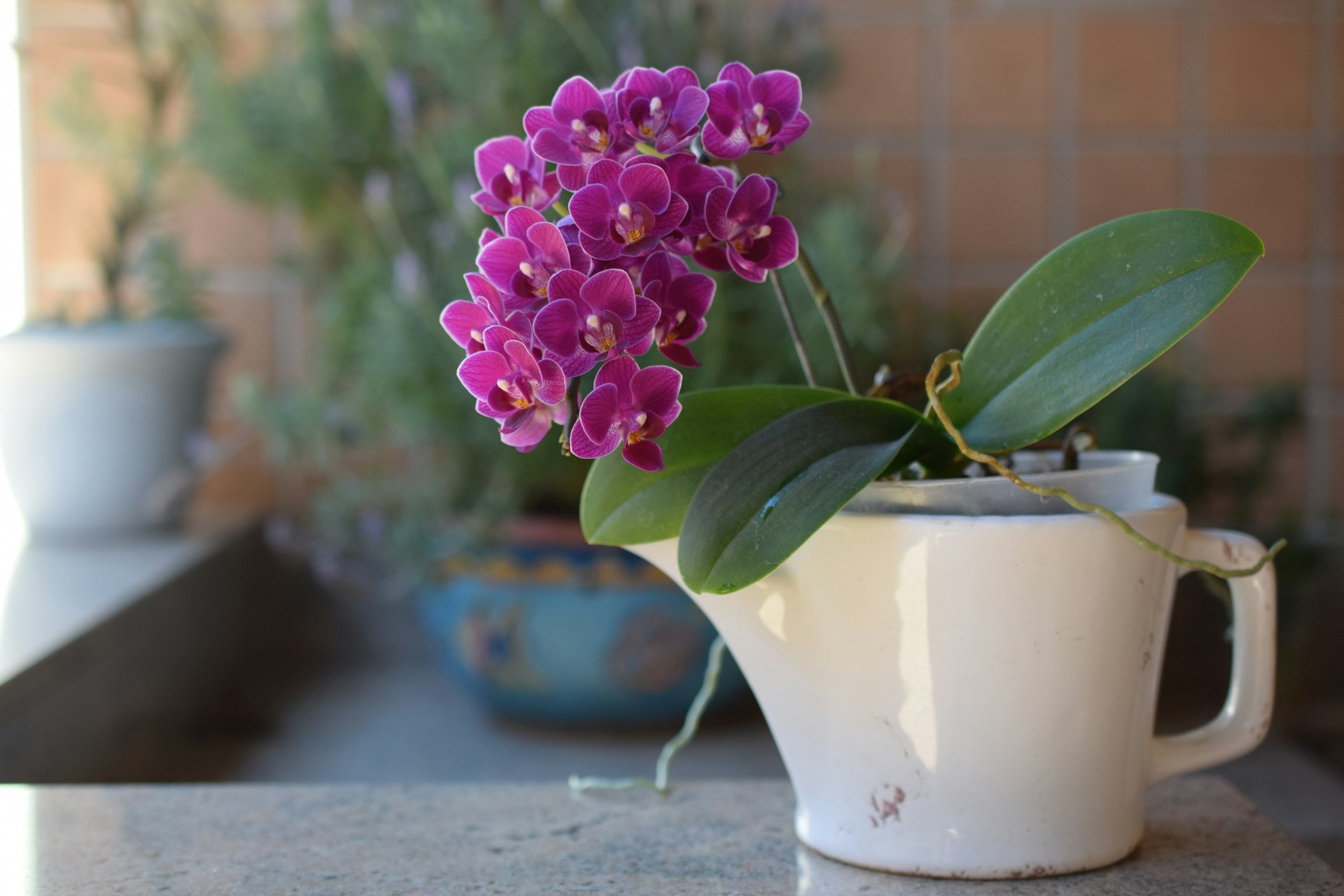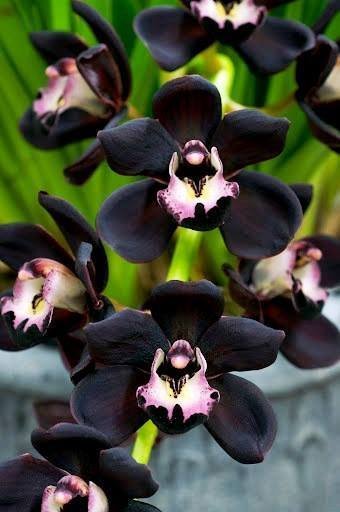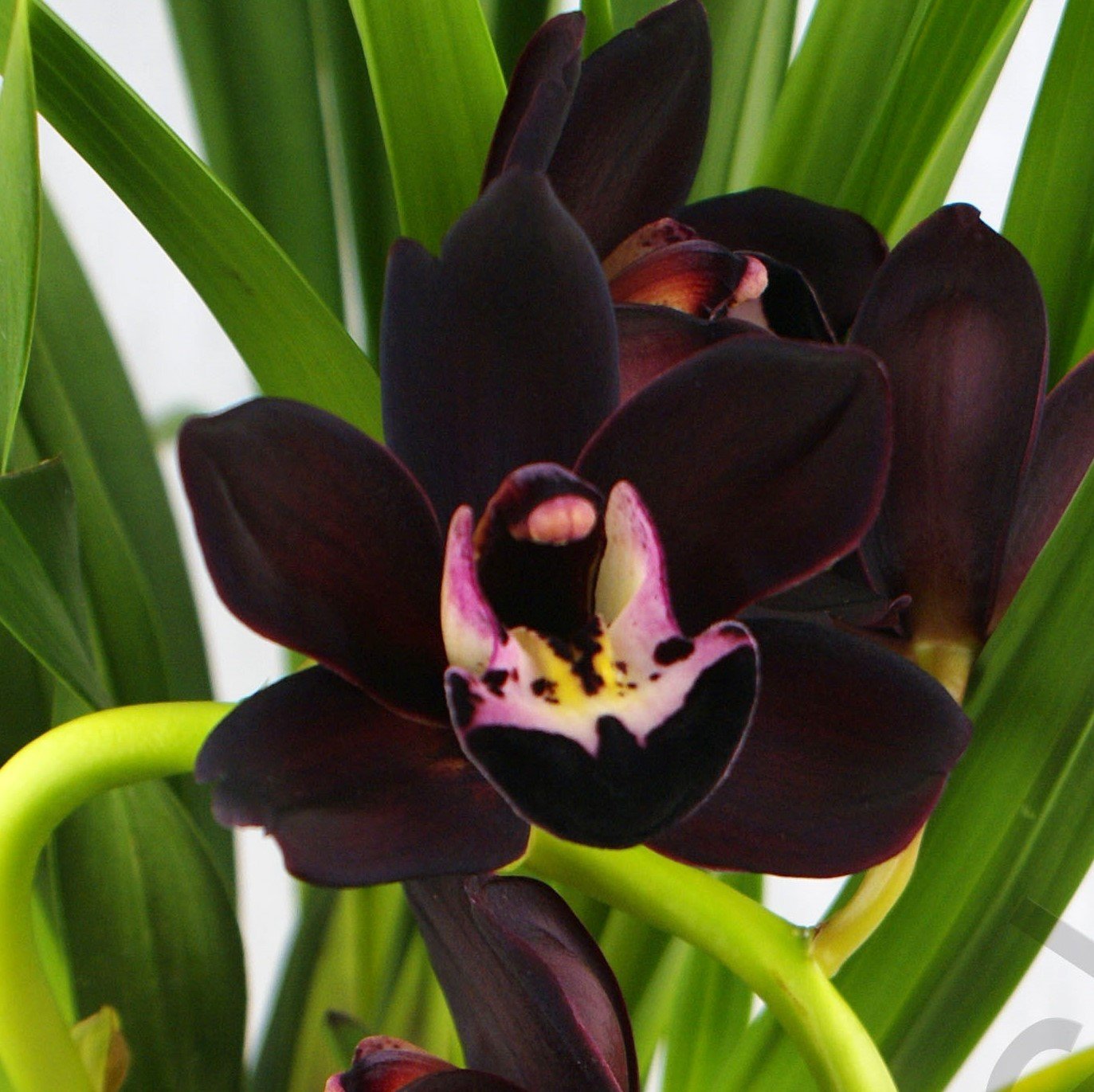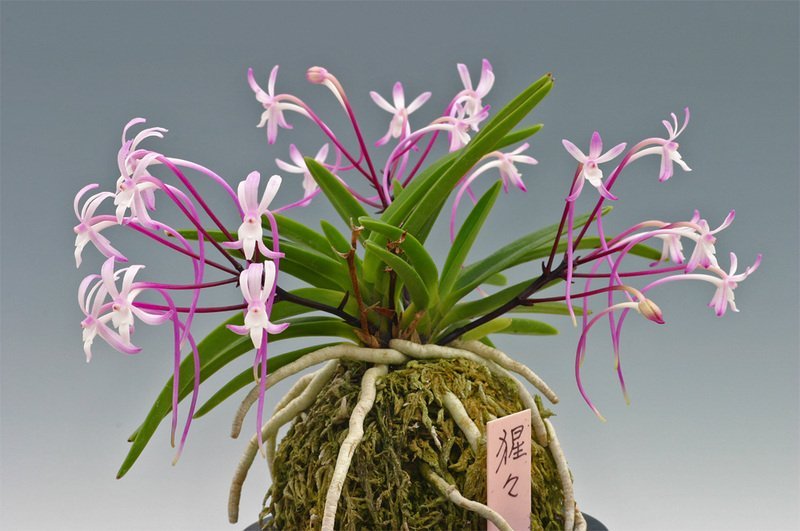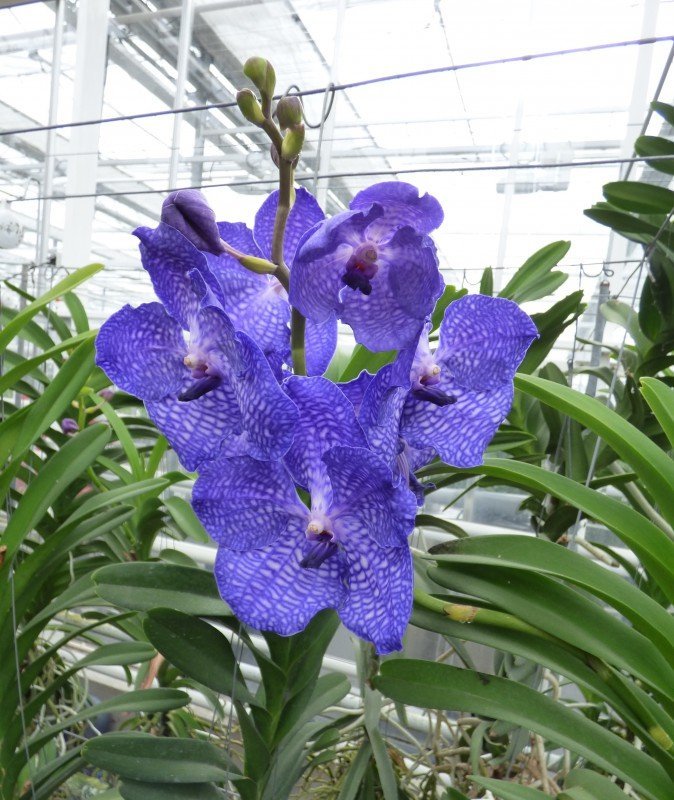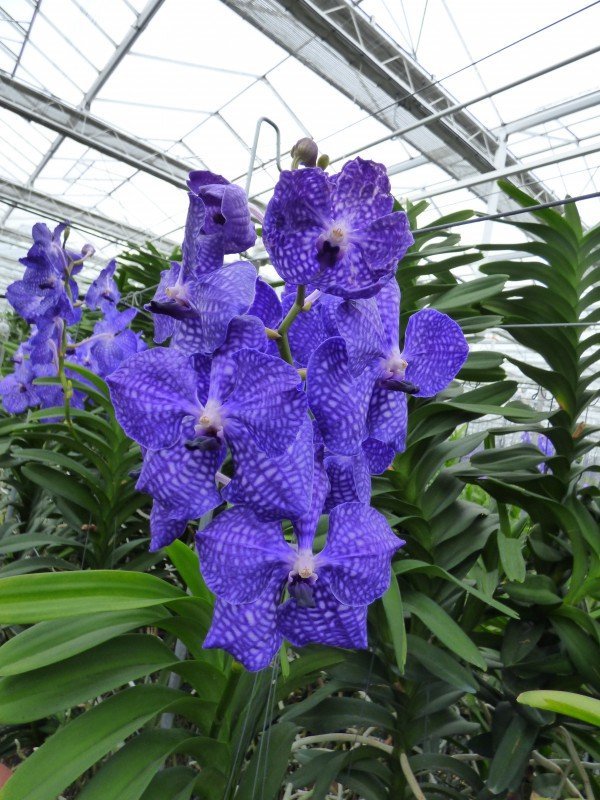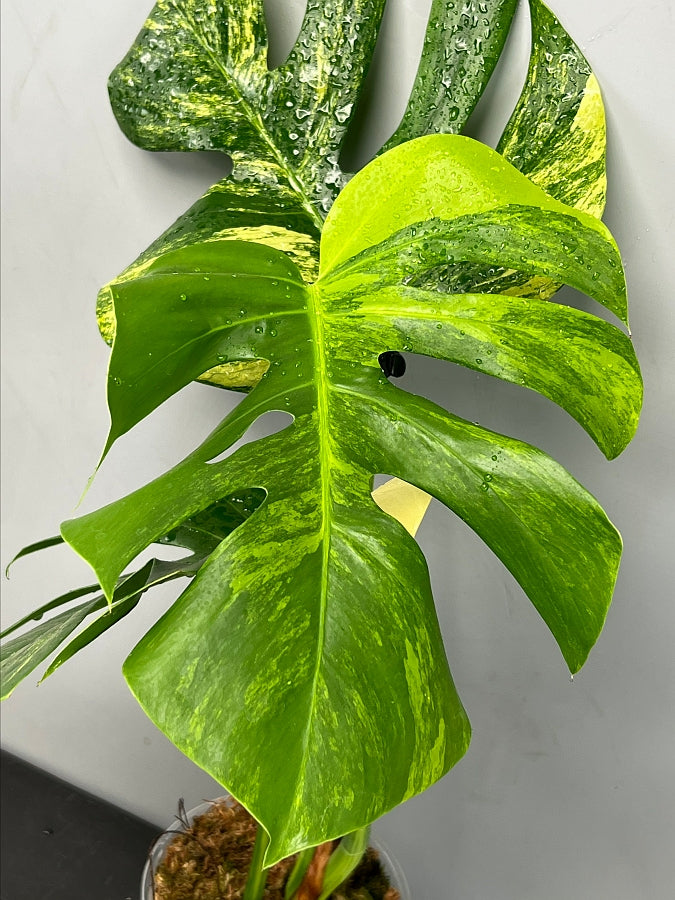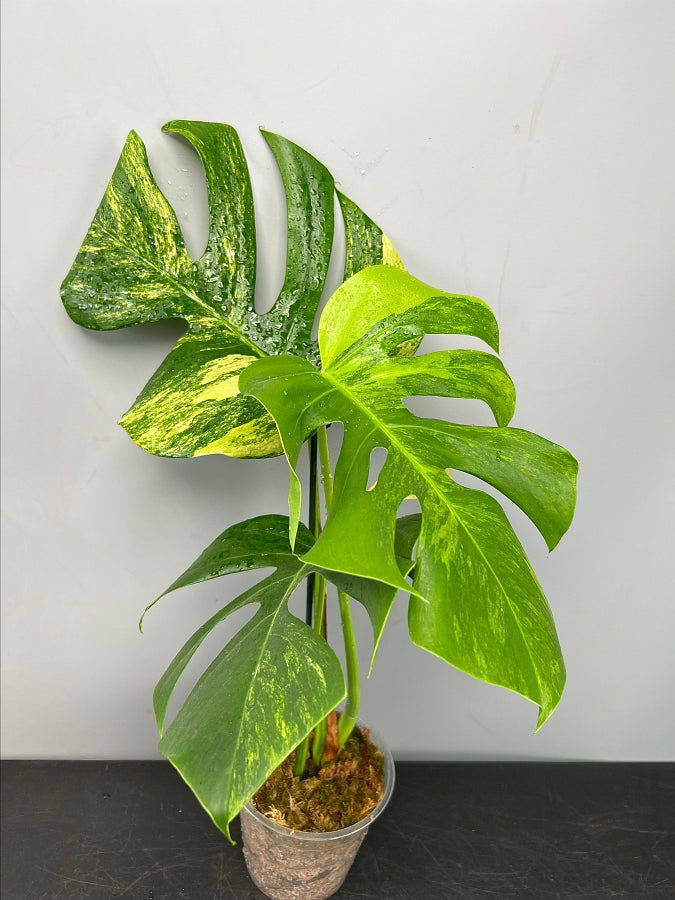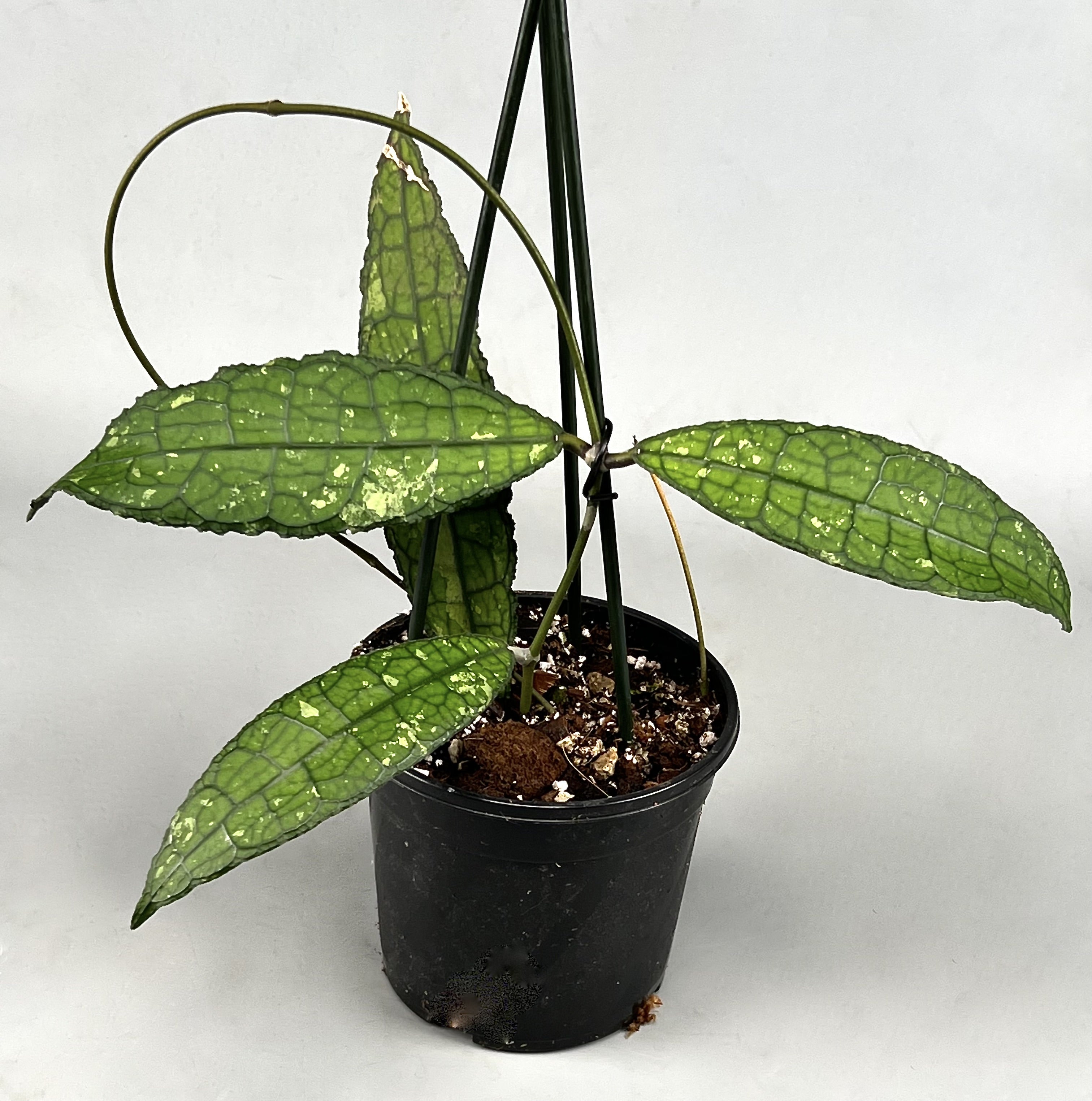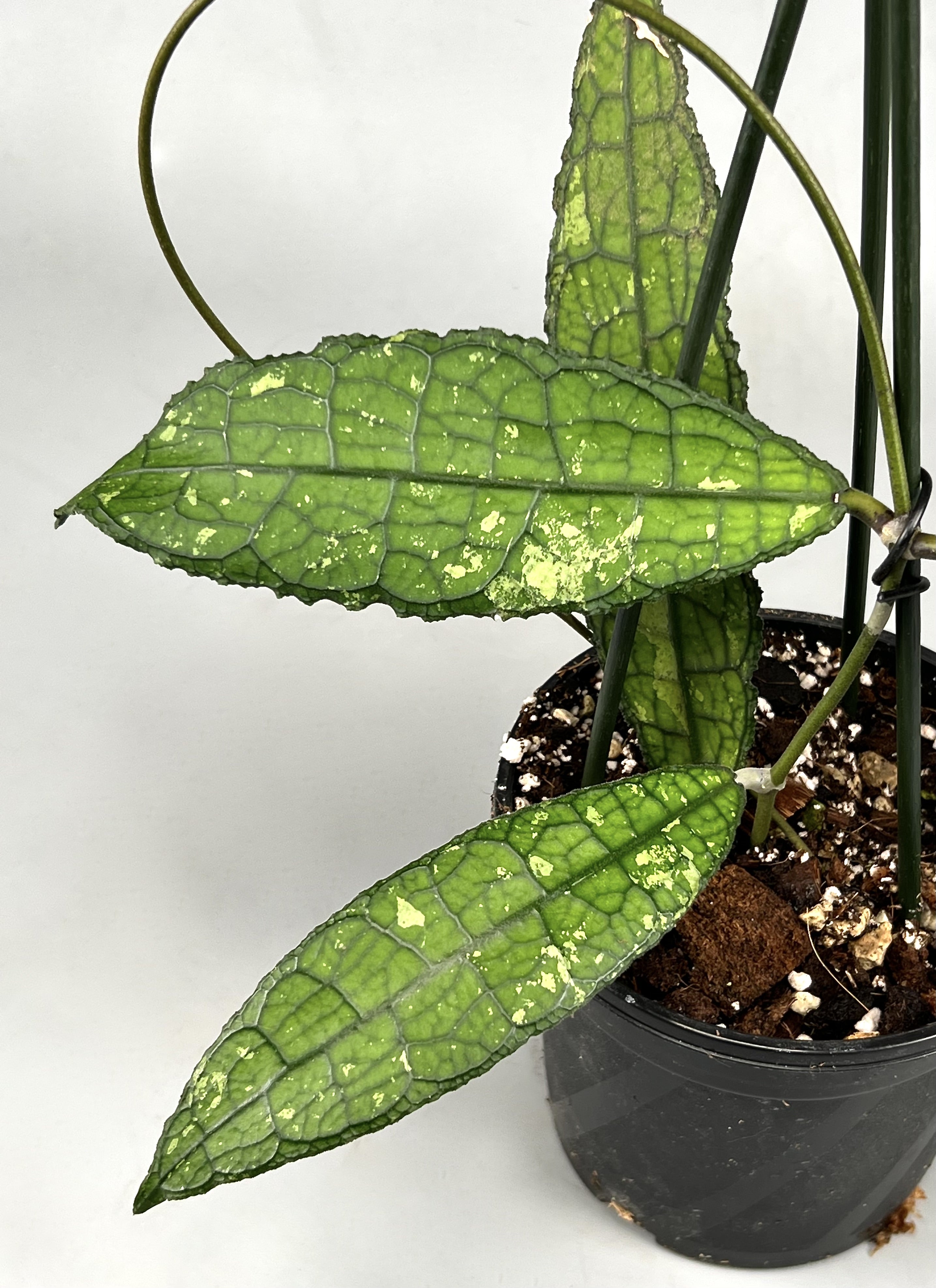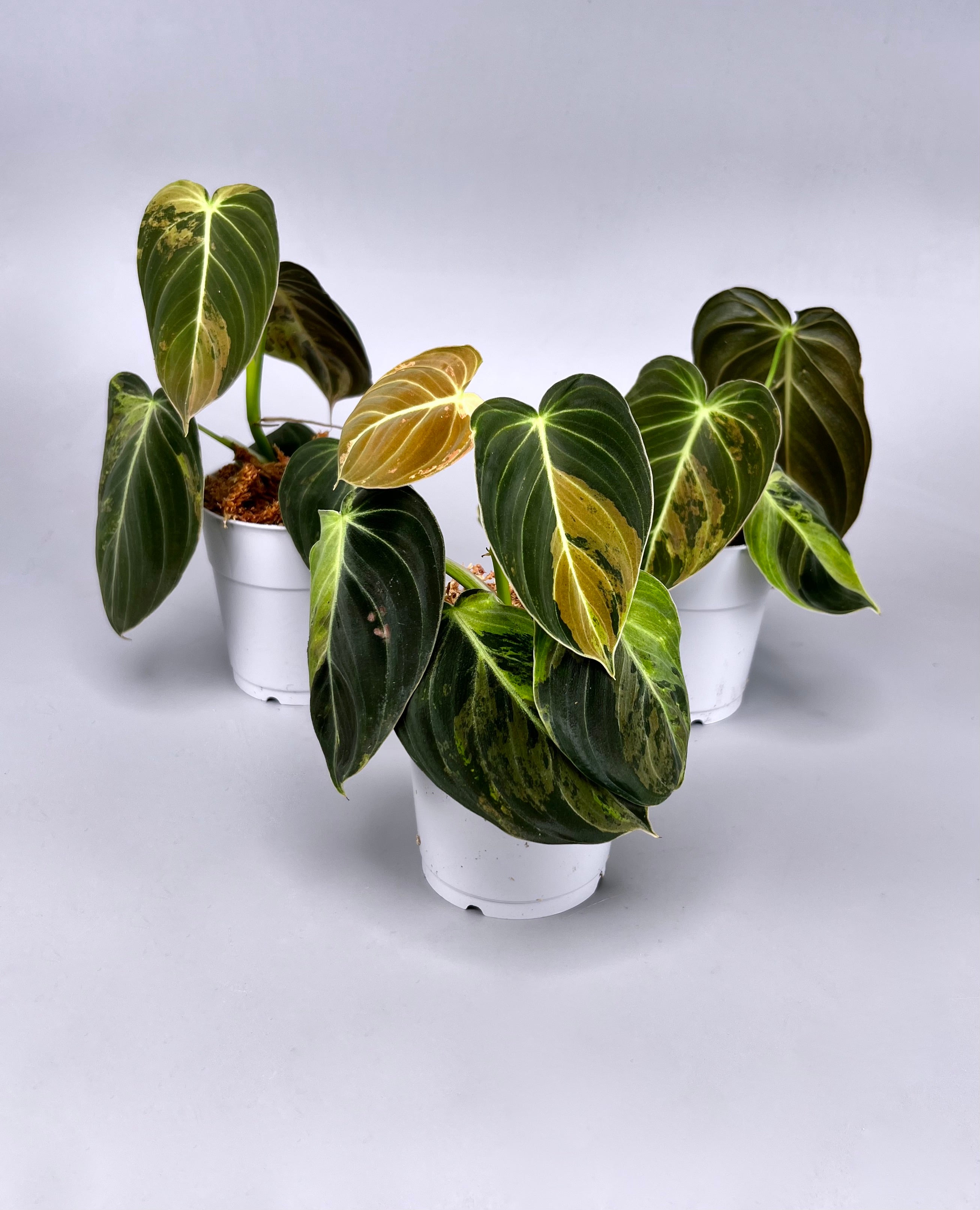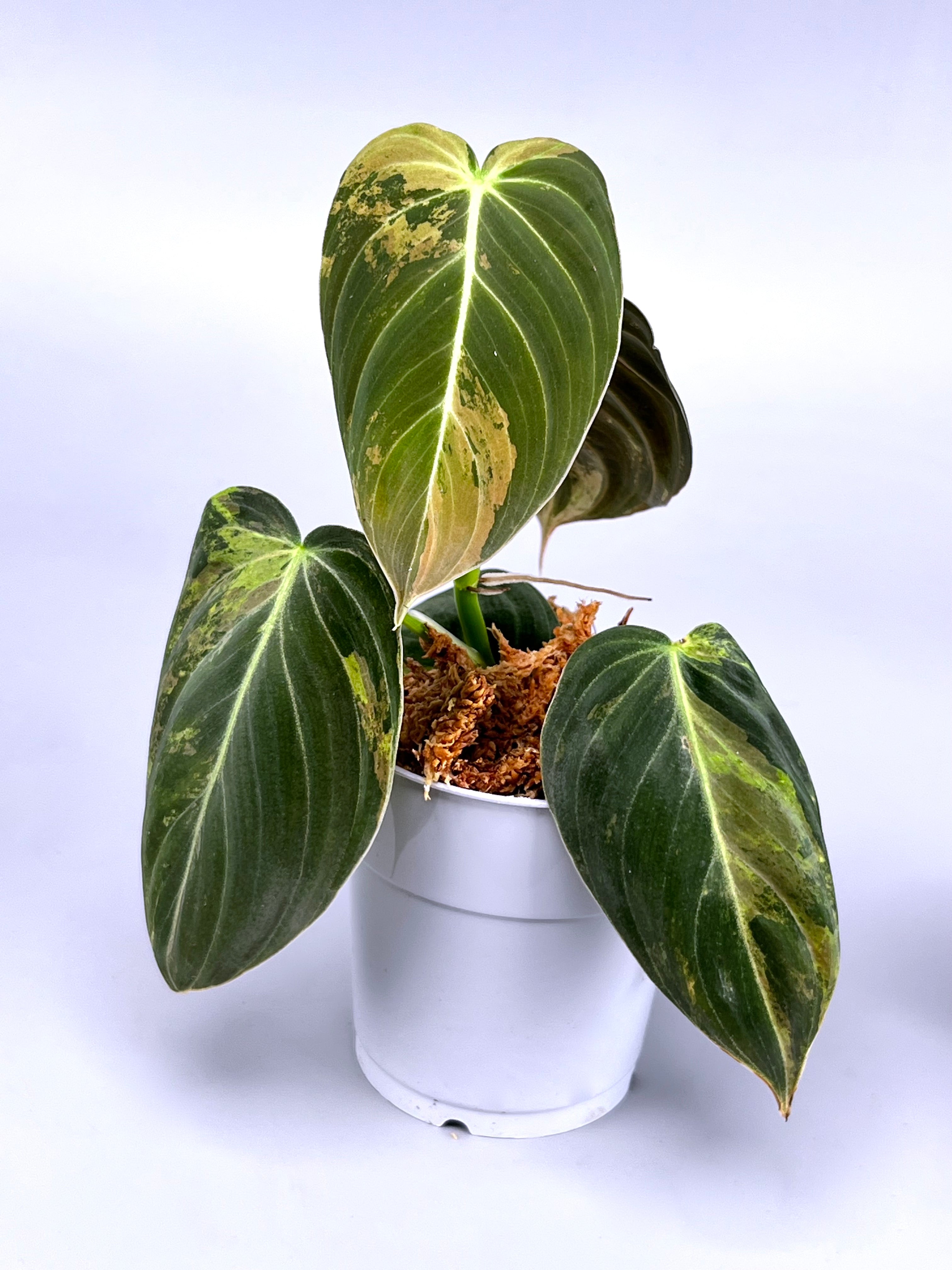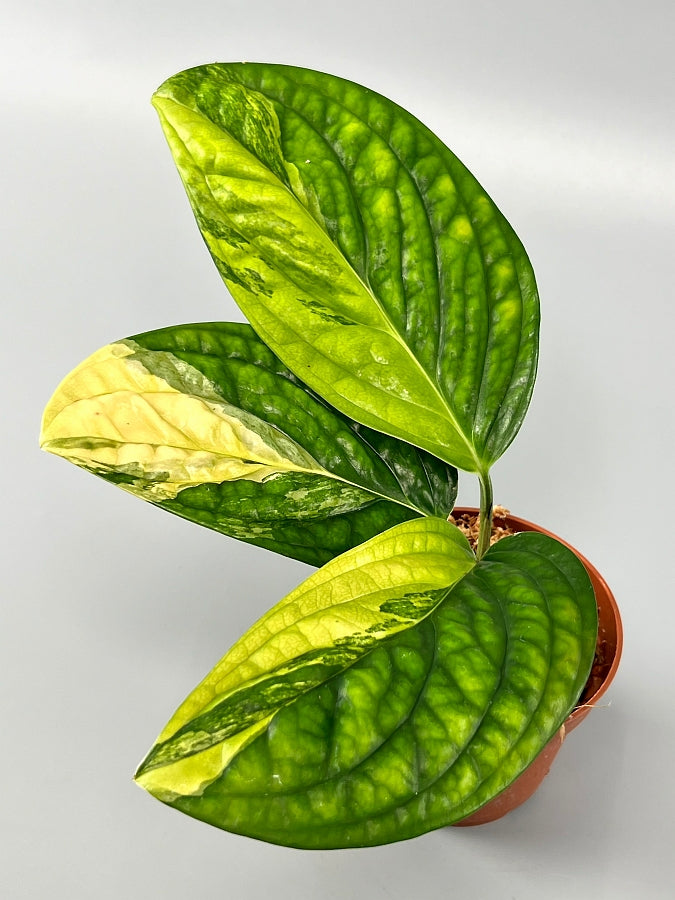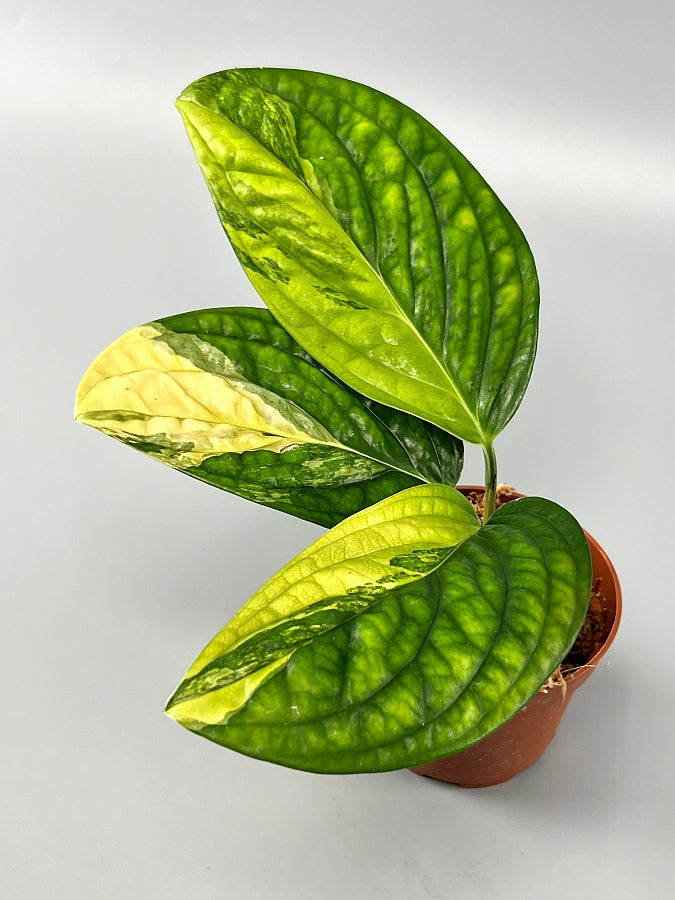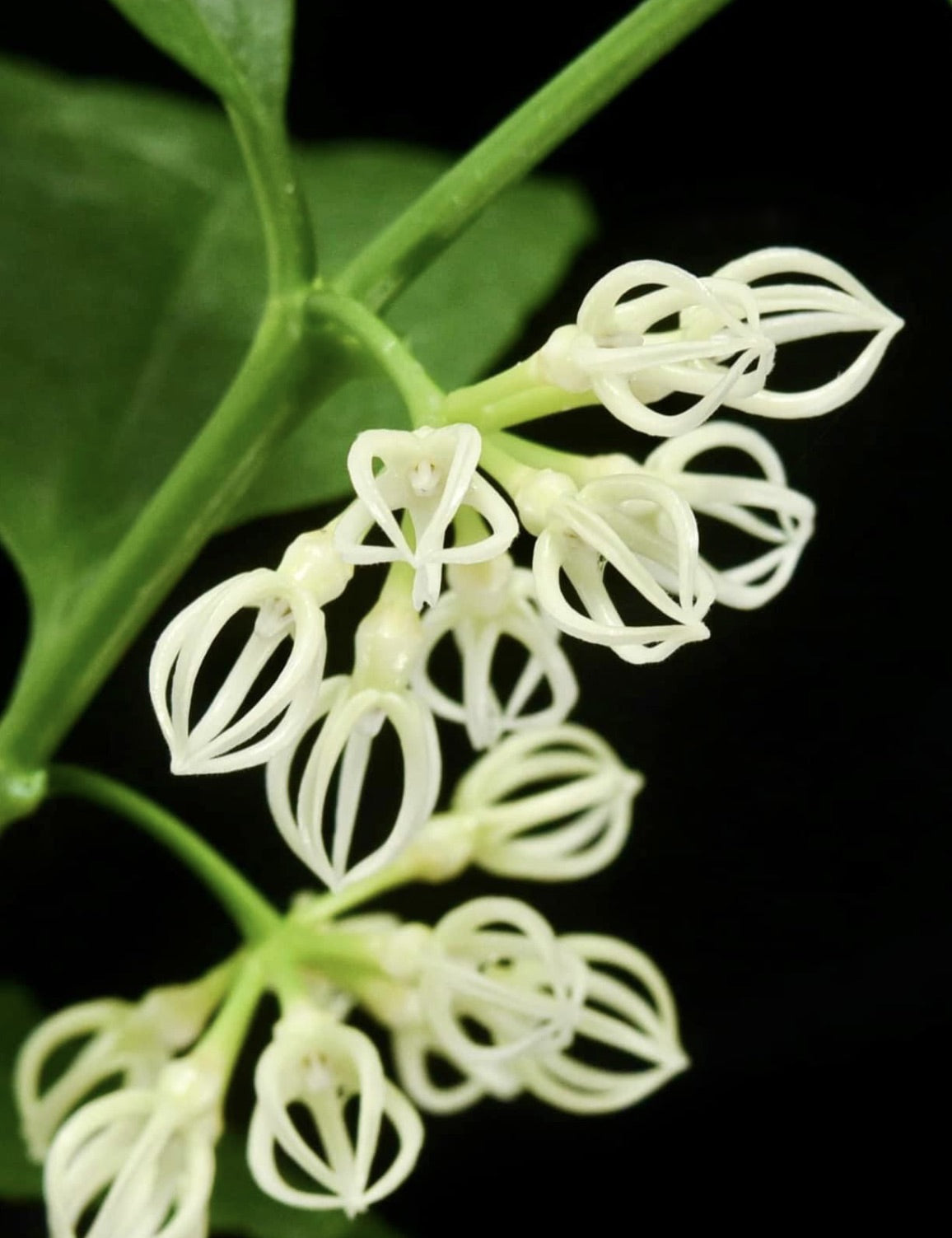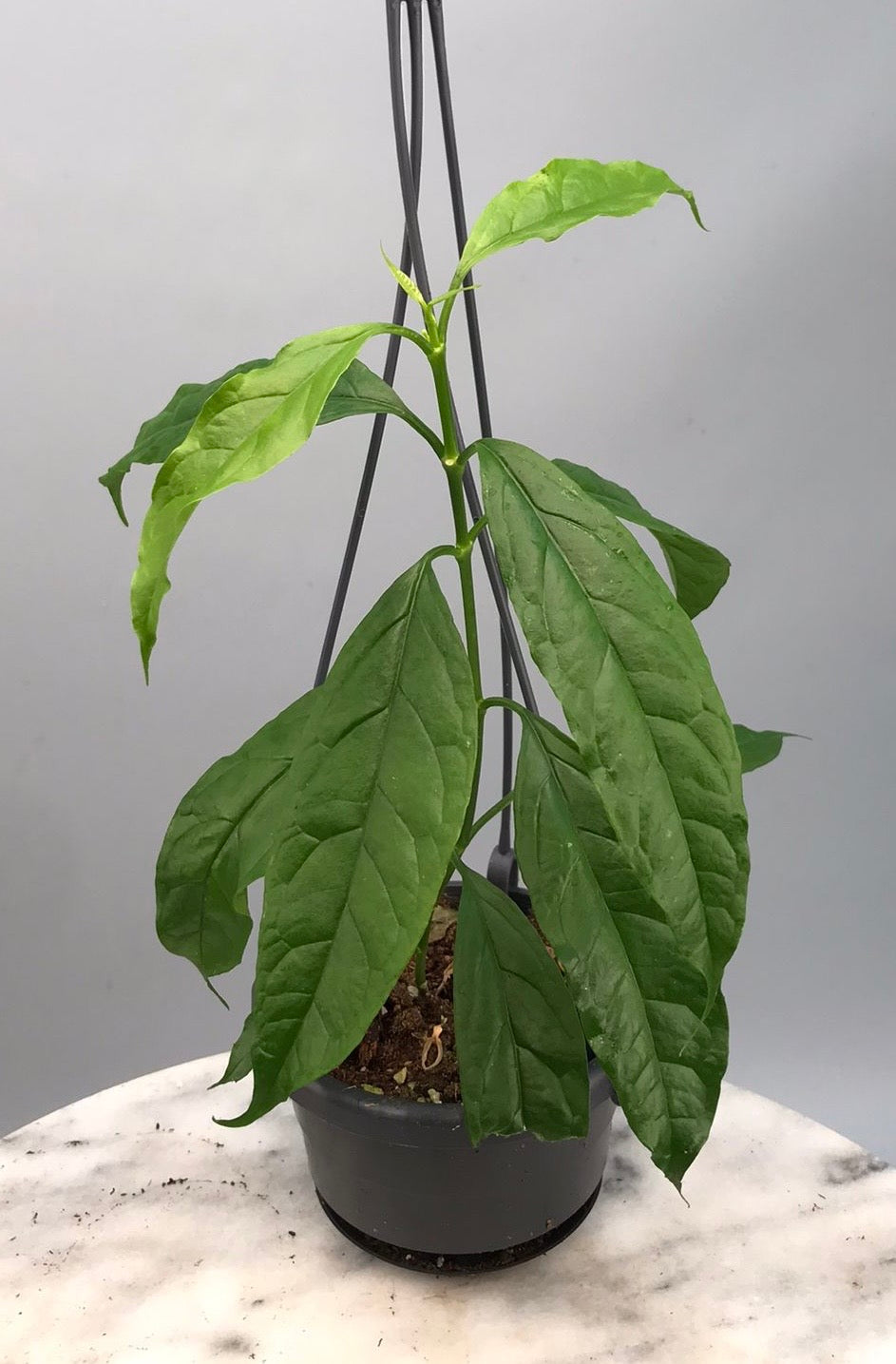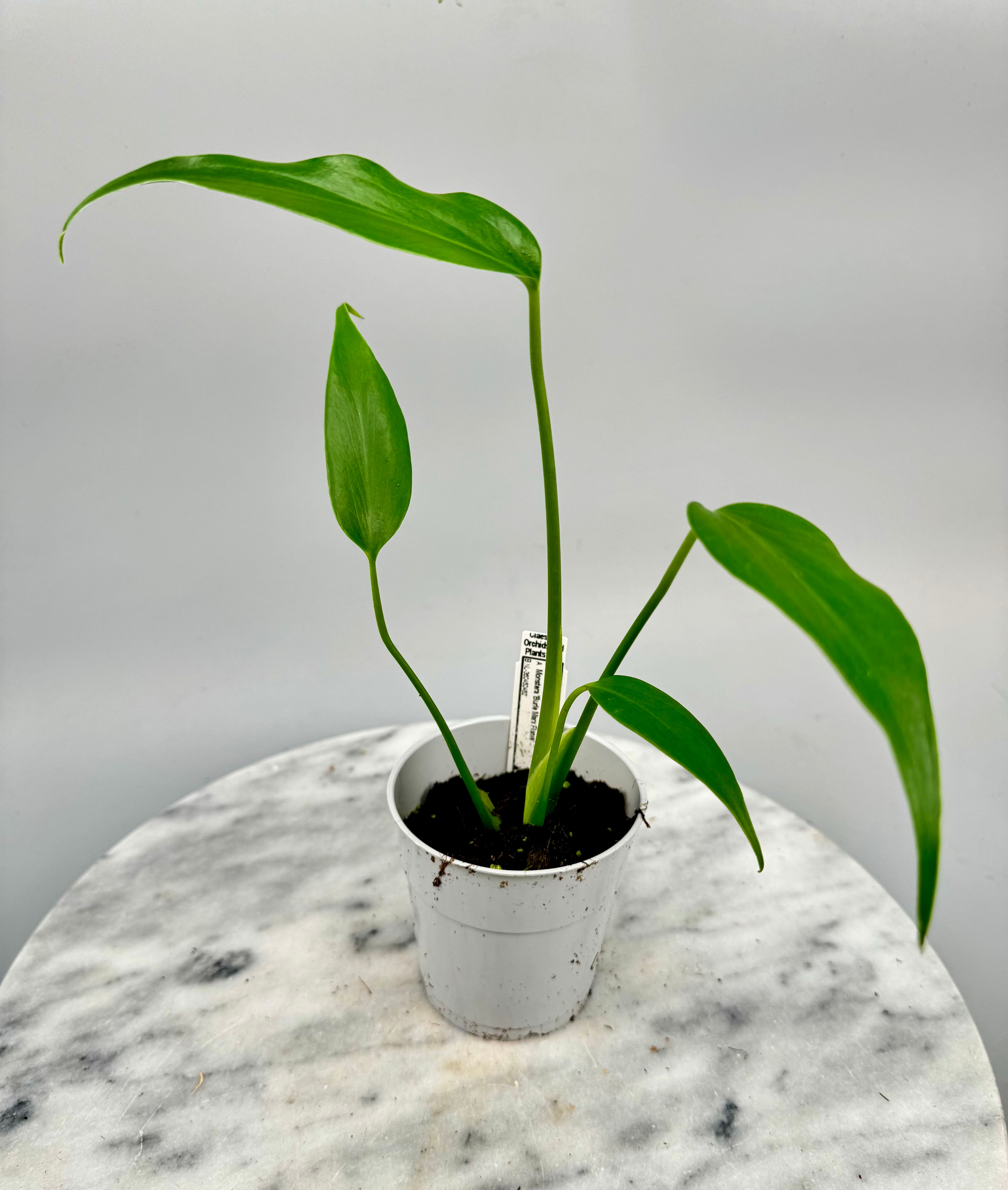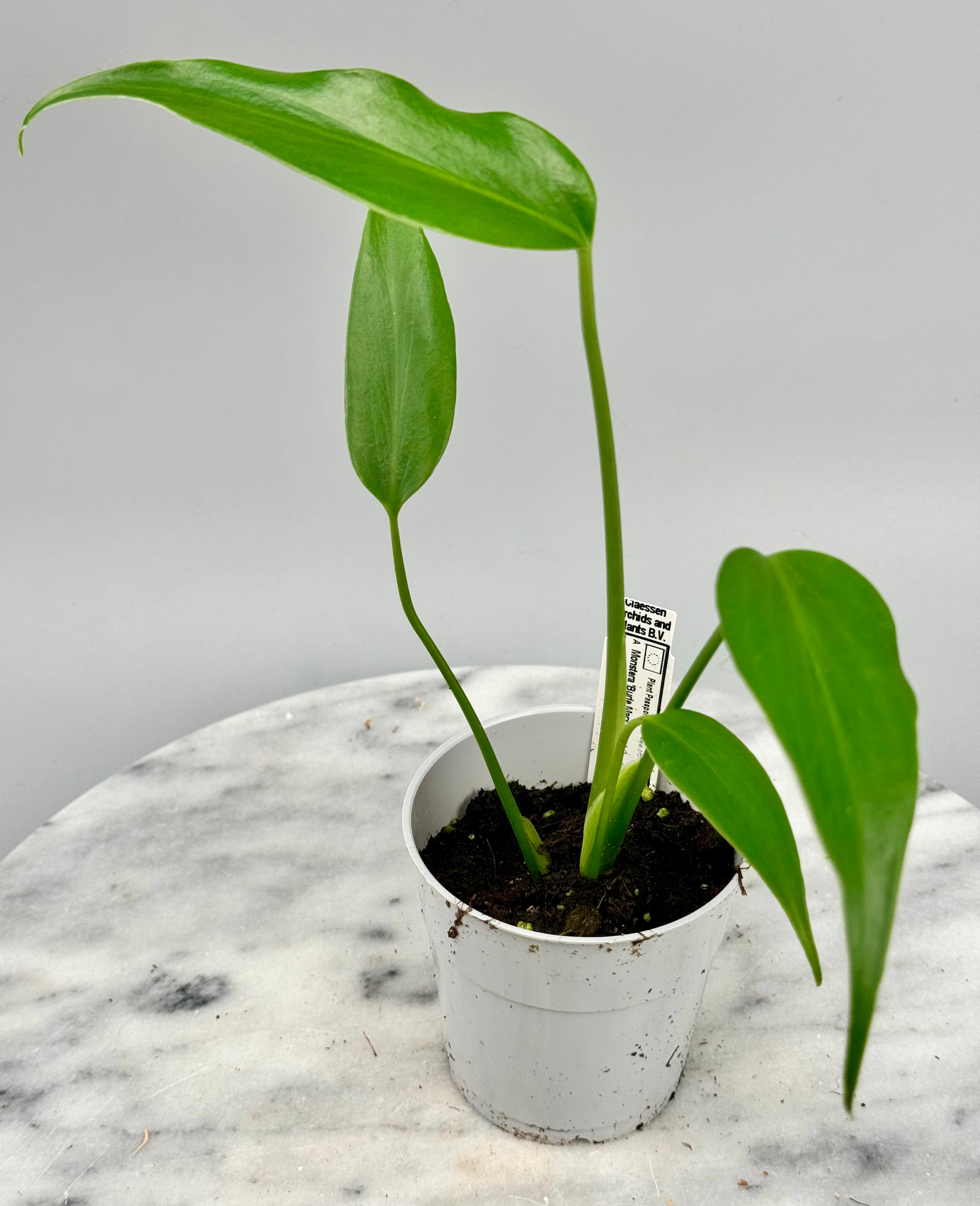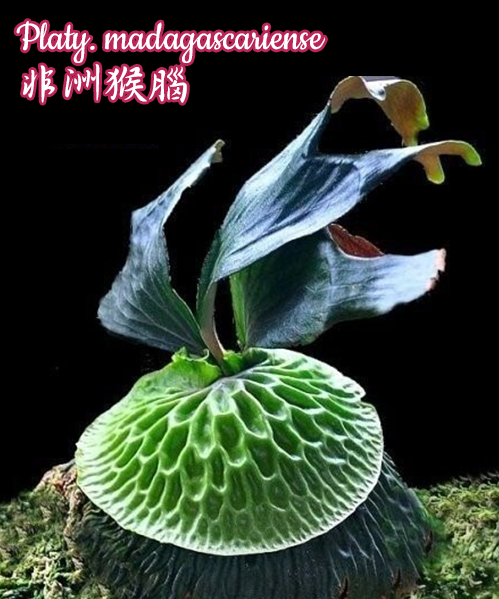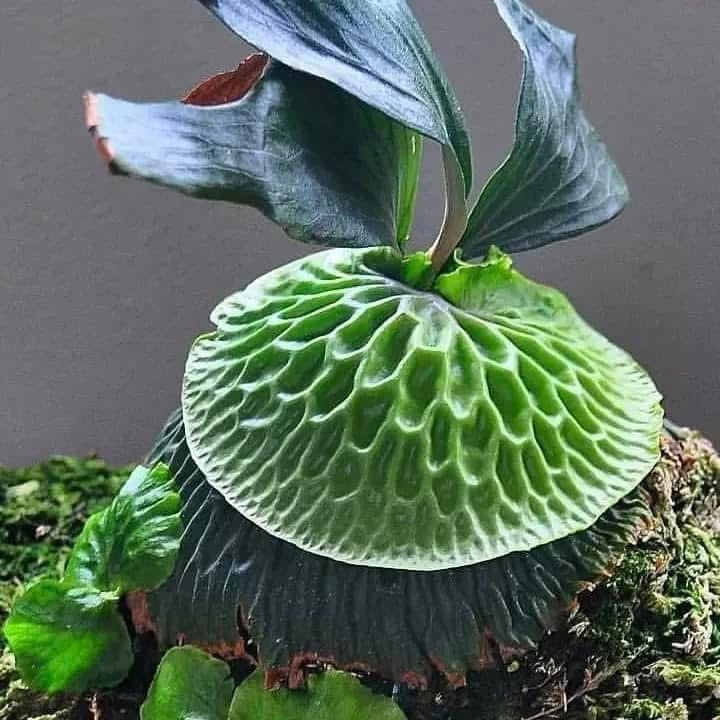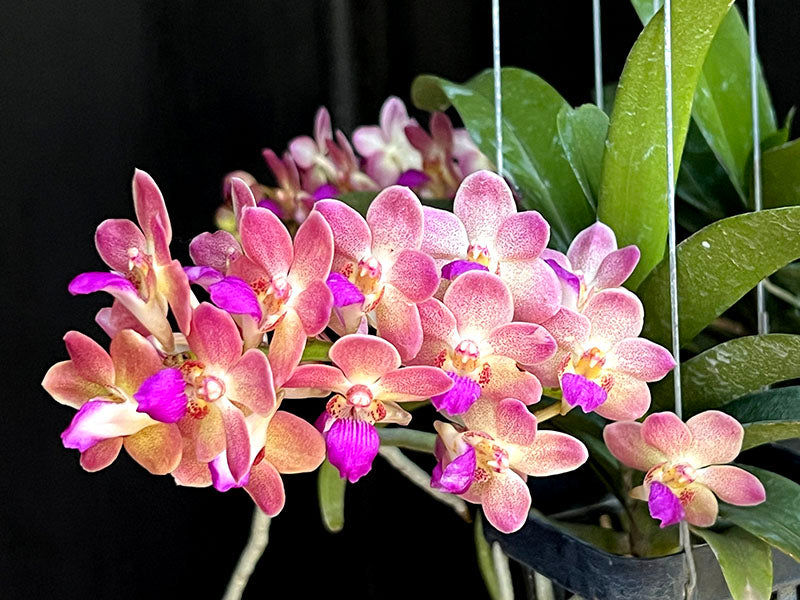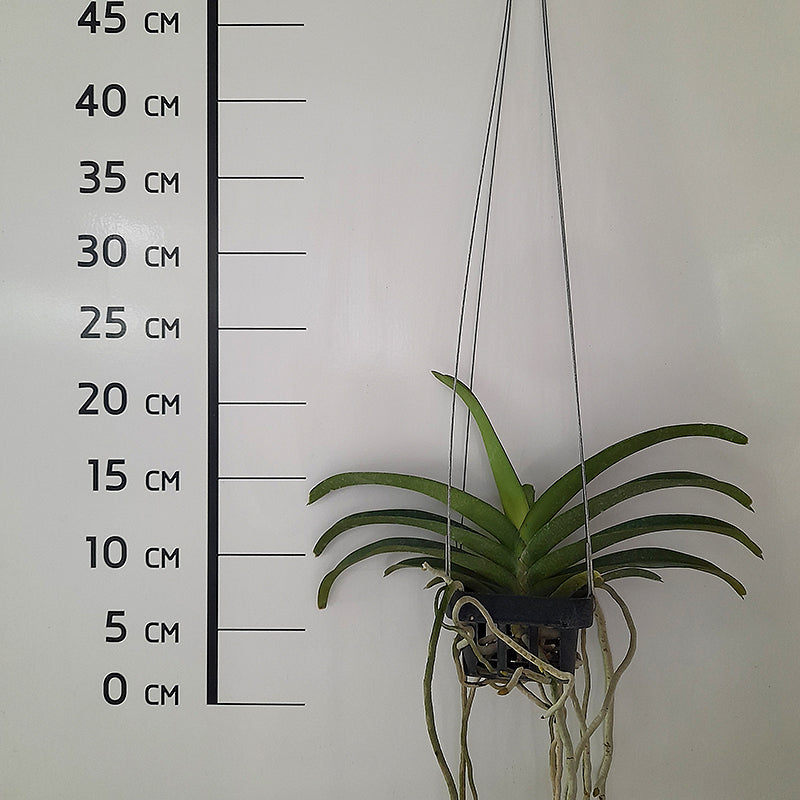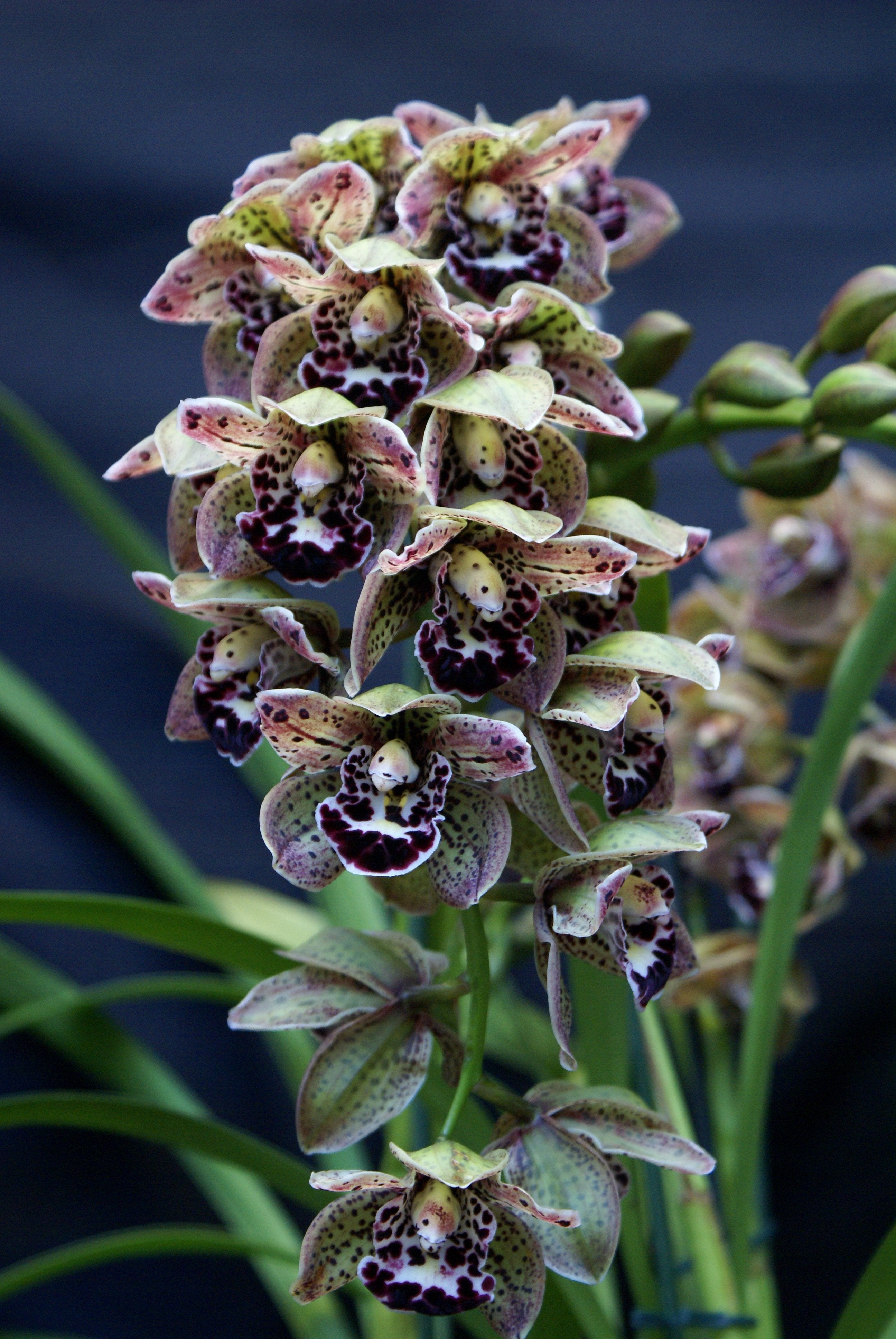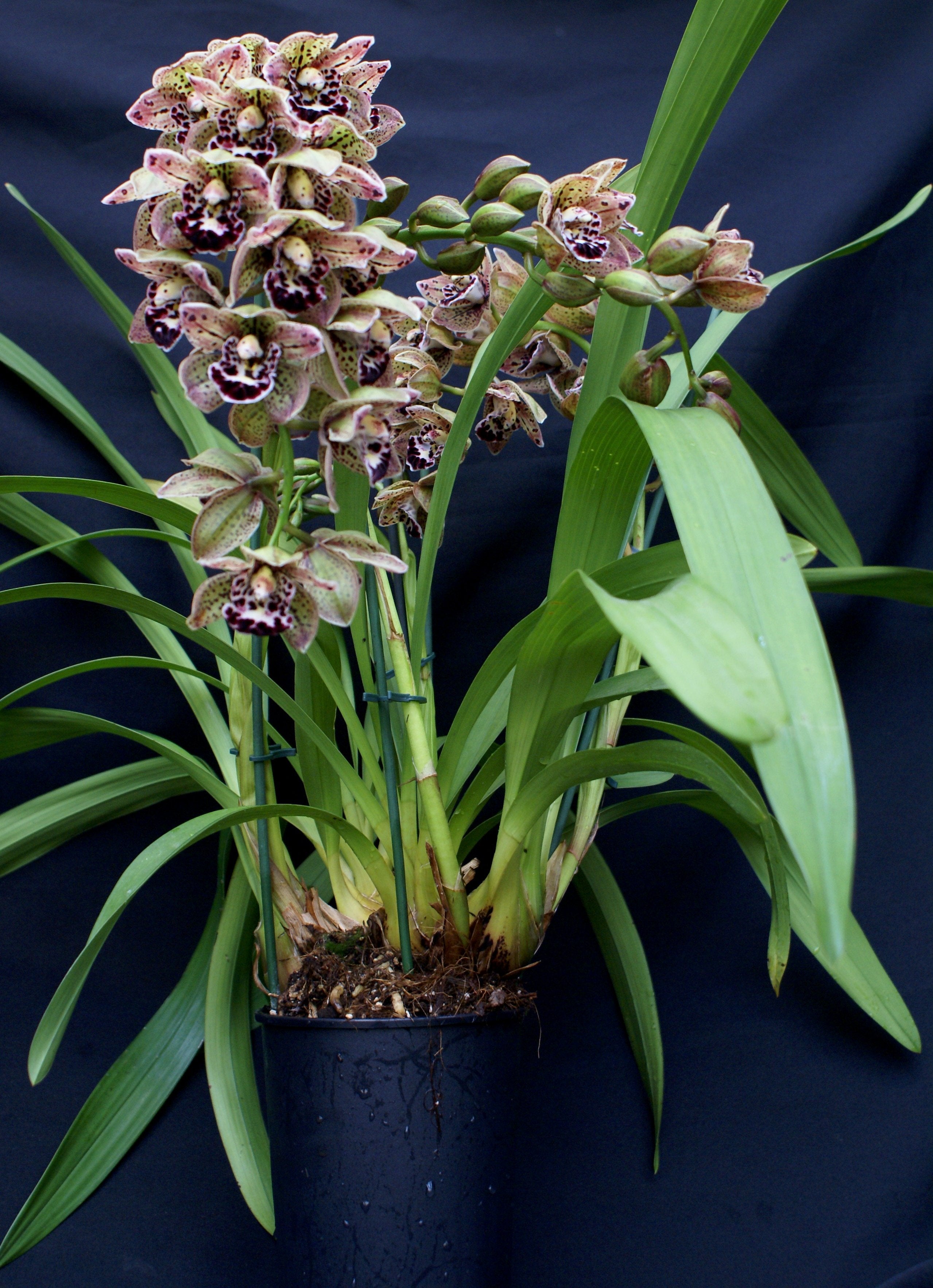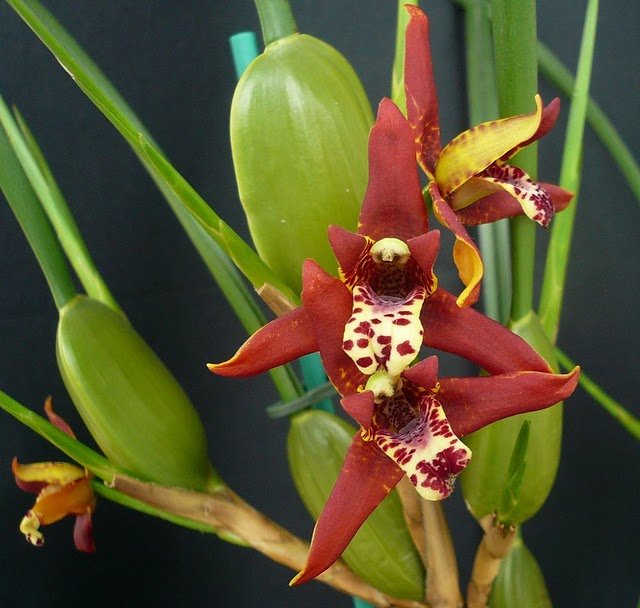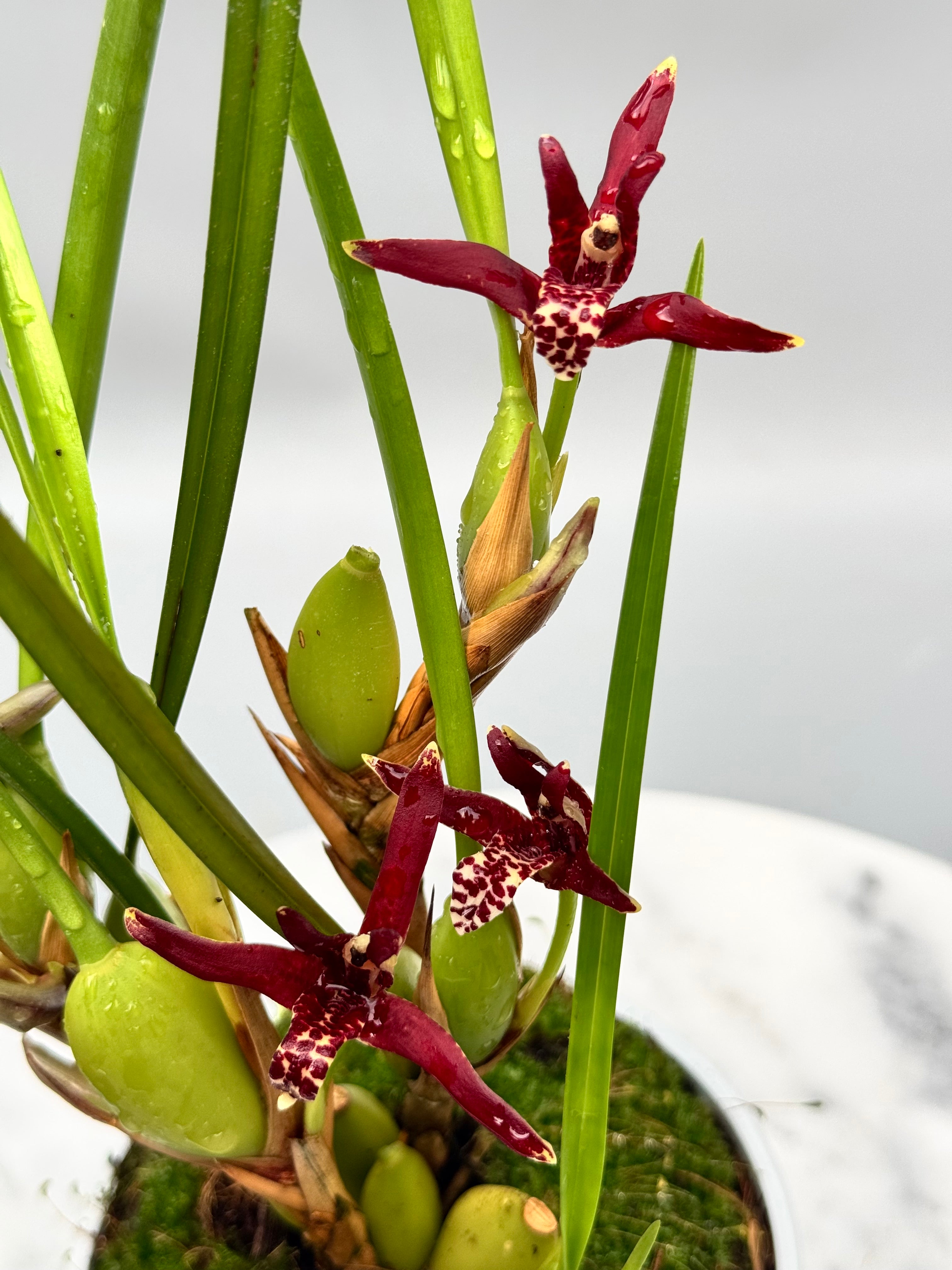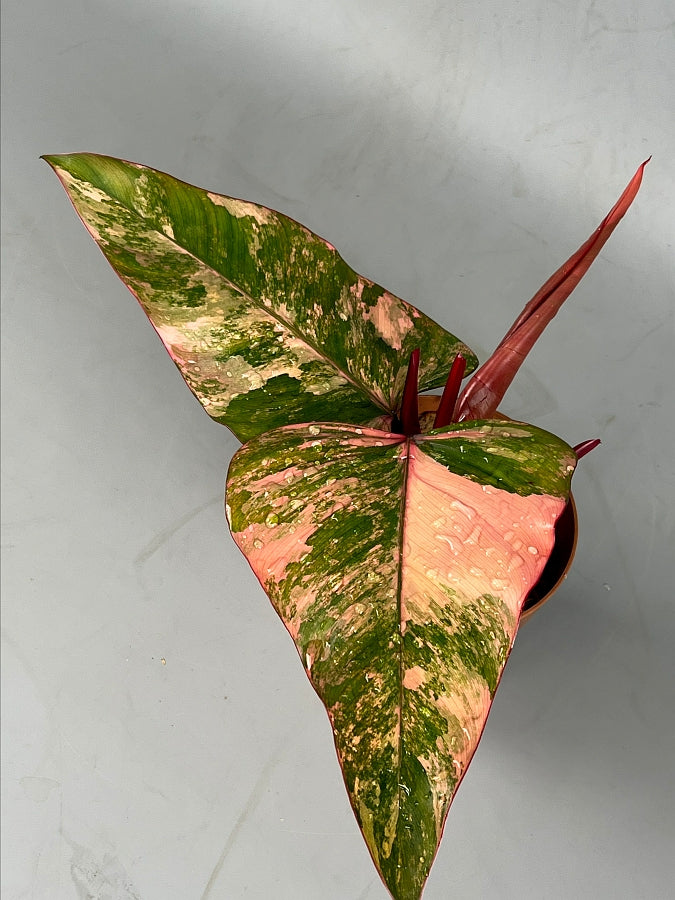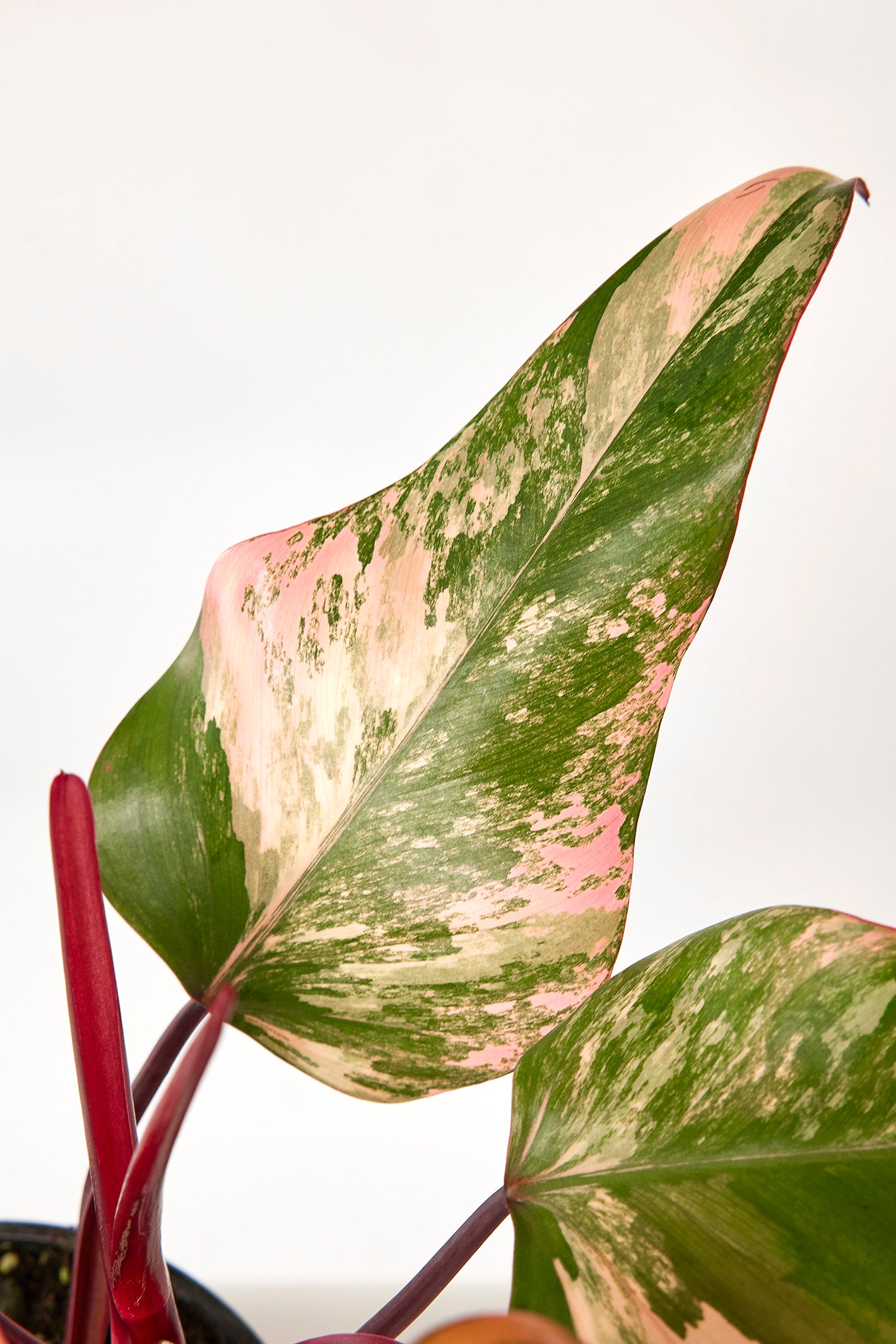Orchids are not only beautiful to look at, but they also require proper care. An essential aspect of that care is how you water them. It may seem simple, but the type of water and frequency of watering can have a significant impact on the health and flowering of your orchids.
Why avoid tap water?
Tap water may be a fine choice for some easy plants, but orchids have a slightly different preference. Tap water often contains minerals and chemicals that are not beneficial to these delicate plants. Orchids need a specific composition of water, and tap water does not always meet this requirement. The minerals in tap water can accumulate in the substrate and lead to damage to the roots.
Season and pot type make a difference
The water requirements of orchids vary depending on the season and how the plant is potted. During the growing season, which usually begins in spring, orchids need more water. Make sure the potting soil does not dry out completely between waterings, but at the same time avoid keeping the roots constantly wet. In the dormant period, usually in autumn or winter, orchids need less water.
The way the orchid is potted also affects water requirements. Orchids sitting in potting soil require less water than those tied on a block. Block-tied orchids need to be watered more regularly because the substrate dries out more quickly.
High humidity and misting
Some orchid species thrive best in an environment with high humidity. For these plants, additional misting may be helpful. Place a humidifier near your orchids or mist water regularly to increase humidity. This is especially important if your orchids are kept indoors, where the humidity is often lower than they are used to in their natural habitat.
Plant nutrition: Not one size fits all
Adding plant nutrients to the water is an important part of orchid care, but it is not a "one size fits all" situation. Different orchid species have different nutritional needs. Consult the specific recommendations for your orchid type and adjust the amount of plant nutrition accordingly. In many cases, nutrients are recommended to be incorporated into the pouring water, feeding the orchids in a gradual and controlled manner.
By paying attention to water type, seasonal needs, potting method and humidity, you can give your orchids the best care. Each orchid is unique, so observe regularly and adjust your care based on the specific needs of your blooming gems.

